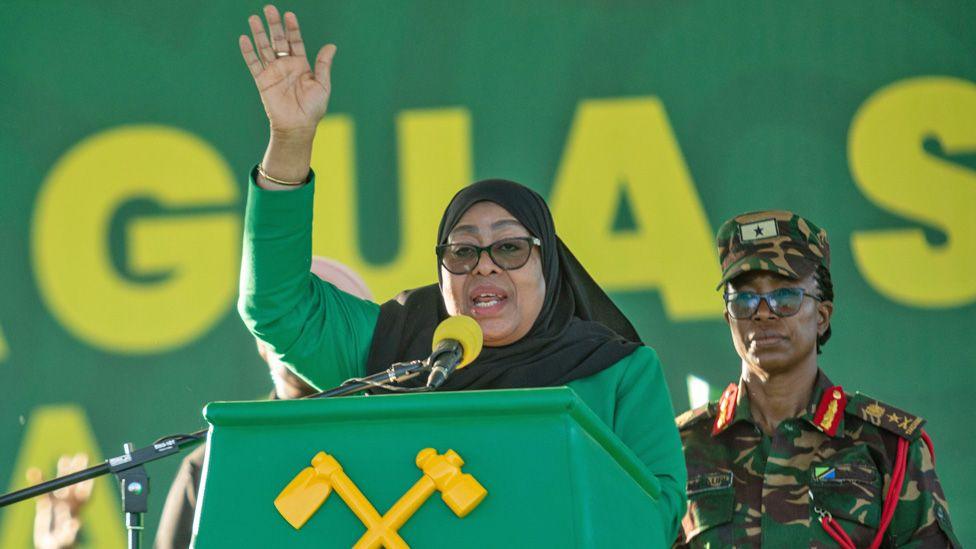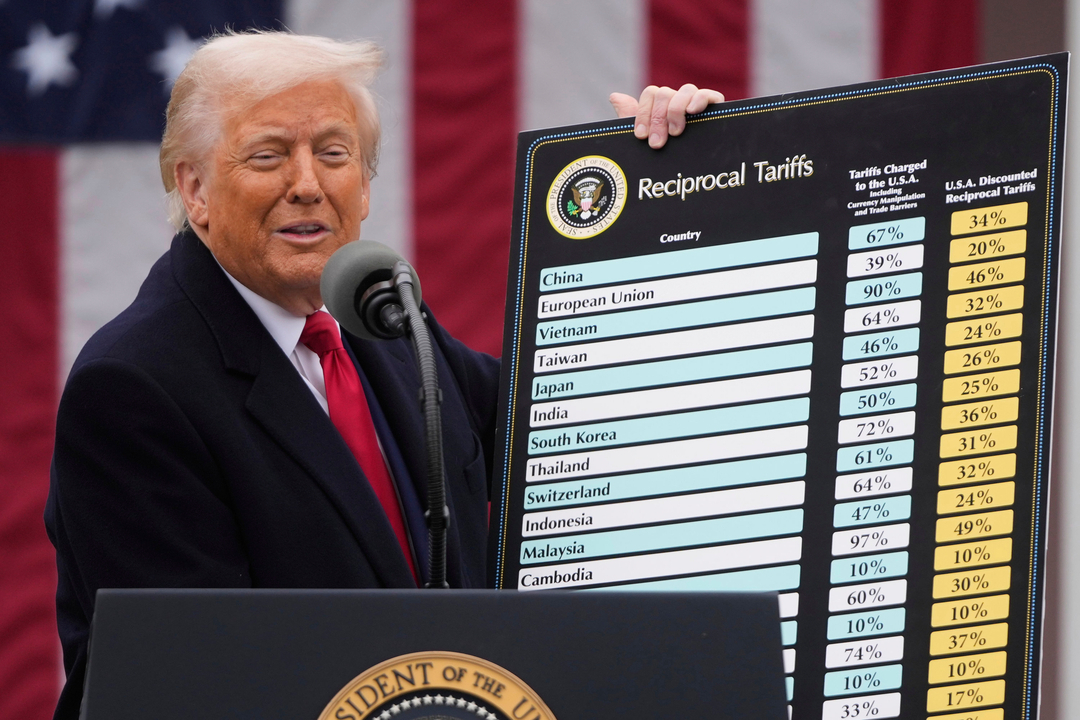Introduction
King Misuzulu ka Zwelithini recently ascended to the throne of the Zulu nation, following the passing of his father, King Goodwill Zwelithini, in March 2021. His rise to kingship is not only of great importance to the cultural identity of the Zulu people but also represents a significant moment in South African history as the nation continues to grapple with issues of heritage, governance, and social change. King Misuzulu’s ascension has garnered wide attention, raising hopes and expectations among his supporters while also presenting unique challenges that he must address during his reign.
Background and Ascension
Born on September 23, 1974, King Misuzulu was raised in the royal family and educated both locally and internationally. His lineage is significant, as he is the eldest son of the late King Goodwill Zwelithini and Queen Mantfombi Dlamini Zulu, which places him at the heart of Zulu lineage. Following a lengthy period of squabbling over succession after King Zwelithini’s death, King Misuzulu was officially declared king by his mother on the day of her passing, leading to a formal coronation ceremony attended by prominent leaders and thousands of supporters in October 2022.
Current Challenges and Initiatives
Despite his strong claim to the throne, King Misuzulu faces substantial challenges that threaten the stability of the Zulu monarchy. One key issue has been dealing with internal disputes among members of the royal family and various factions within the Zulu community. In addition to navigating these political waters, he must also address the socioeconomic issues that affect many of his subjects. The Zulu nation has historically faced challenges such as poverty, unemployment, and access to education. King Misuzulu has expressed his commitment to advancing initiatives aimed at uplifting his people and preserving the rich cultural heritage of the Zulu nation.
Significance for the Future
As King Misuzulu embarks on his reign, his approach to leadership will be crucial in shaping the future of the Zulu nation and its people. His reign occurs during a time when traditional leadership roles are evolving in South Africa, and the relevance of monarchies in modern governance is coming under scrutiny. The way the king addresses these challenges will determine whether the Zulu monarchy can maintain its influence while also adapting to contemporary societal needs. Many observers believe that his ability to unite various factions and champion development projects could enhance his support and strengthen the royal institution’s legacy.
Conclusion
King Misuzulu’s reign marks the beginning of a new chapter in Zulu history. With a strong commitment to cultural preservation and aims to address pressing issues faced by his community, his leadership holds potential for significant change. As he navigates through the complexities of his new role, the Zulu nation watches closely, hoping for a future that honors its rich traditions while embracing opportunities for growth and stability.


